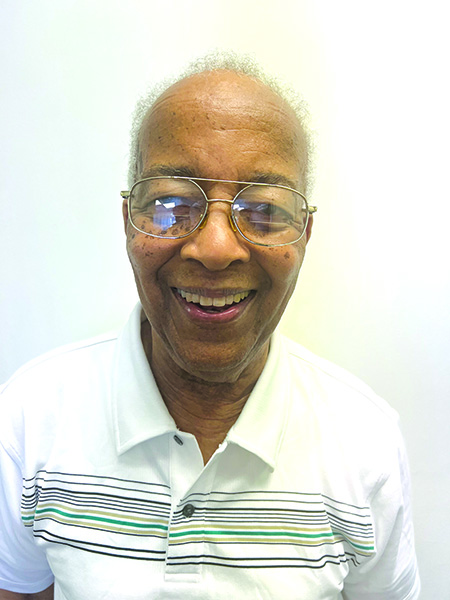By John L. Horton
On Saturday, August 26, the 60th Anniversary of the March on Washington at the Lincoln Memorial was held in Washington, D.C., to celebrate the civil rights movement where Dr. Martin Luther King, Jr. delivered his monumental “I Have a Dream” speech.
The 1963 march drew over 250,000 people from all over the United States. As a result of his leadership and magnificent speech, Dr. King became famous around the world. The following year, Congress passed the groundbreaking 1964 Civil Rights Act. In December 1964, Dr. King became the youngest person, 35 years old, to ever receive the Nobel Peace Prize.
It is being reported that President Joe Biden and Vice President Kamala Harris will observe the March Anniversary on Monday, August 28, by meeting with the major organizers of the 1963 gathering. Additionally, all of King’s children have been invited to meet with Biden in the White House.
In the past three decades, we have witnessed the “Million Man March,” “Million Woman March” and “Million Youth March,” among others. Make no mistake about it, I agree with the tenets, principles and purposes of all these marches, however, I wonder if the “messages” have gotten back to those who need it the most. Or, will this recent March on Washington be another case of preaching to the choir?
Too, I wonder if all the money, time and effort that went into the marches could have been better spent by being more directly invested in the Black community.
Poet Langston Hughes probably put it best: “What happens to a dream deferred, does it too dry up like a raisin in the sun?” It is for these “deferred dreams” that I hurt most. It is for this unseen and untapped stream of Black resources and vitality that I search most.
Alas, for them to have substance and significance, the march and rally participants must return home and become viable here – on the front lines of “hopelessness, powerlessness, alienation and deferred dreams.” Somehow, we must come home and just do it. It has been said that if in the days that follow, if nothing much happens, then it will have, again, been symbol without substance.
Now is a golden opportunity for supporters of the march and rally to come home and just do it – make it better for all of our children, families and communities. Now is the time to show that we are not just “talk” and “bluster.” Indeed, it is time to do the deed. The march and rally should manifest for us three choices or options that we need to take to ameliorate upon our condition in American society: 1) action, 2) action, and 3) action.
There has to be something substantive, meaningful and permanent that comes out of this most recent March on Washington. I suggest that the leadership and influential others focus on at least three points of concern.
First, we must develop and implement a plan for self-esteem and cultural awareness. We need to understand and sustain the notion that we are somebody special. We must project that we love and respect ourselves. We must empower African-Americans to gain knowledge of their history and an understanding of their humanity.
Second, we must develop an economic plan for empowering African-Americans to do and provide for themselves. For example, we must emphatically stress the benefits of a good education, job training and improved entrepreneurial skills. As a people, we must be savers, investors and producers – not just spenders, debtors and consumers.
Third, we must develop a political plan. As a people, we need to personify the political arts of cohesiveness and practicality. Through voter education, registration and participation, we must learn to get full value for our votes and to become full partners in the political process. We must support and elect leaders who have the courage and competence to “do the right things” for all of us. We need leaders who will tell us the real deal and who will encourage us to work harder and smarter.
When this particular March on Washington is over and everyone has returned home, I hope the flame is lit, the torch is passed and the fire burns brightly. In the end, this monumental event will test our true character and whether we are truly committed to this cause and all that it engenders.
It has been said that character is defined by what you are willing to do when the spotlight has been turned off, the applause has died down, and no one is around to give you credit. In the wake of this recent March on Washington, African-Americans will have the opportunity of a lifetime to define their true character.
Enough said. Let’s get to work!
John L. Horton resides in Norfolk and is a frequent contributor to this newspaper.
Like this:
Like Loading...
















